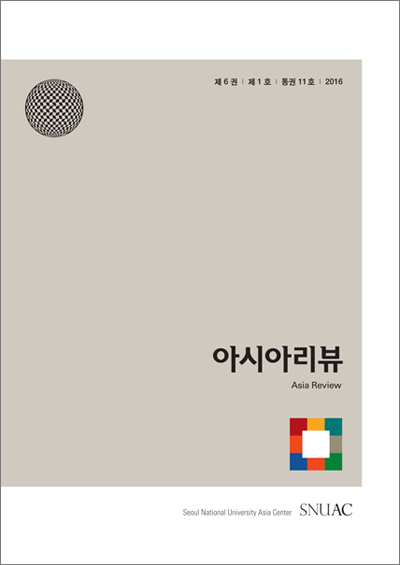This is a story of a social enterprise in Bhutan, the creation and design of Druk Metho (later renamed Bhutan Blossoms, and hereinafter referred to alternatively by its full name or simply “BB”), a Bhutanese social enterprise that produces organic and edible foods and food supplements. BB was intentionally designed as a social enterprise, structured to generate sustainable livelihoods for its owners and co-workers while also promoting rural biodiversity in Bhutan and bringing tangible social benefits to the communities from which it sources its products.
The setting matters, to an extent, because this story might have unfolded differently in another cultural, political or social milieu. As we explain below, we believe that the lessons learned in this Bhutanese context are also relevant in other settings however, especially where companies find themselves in strategically interdependent relationships with their host communities.
This paper is co-written by three authors. (from this point forward we will refer to ourselves in the first-person plural). Each of us brings a unique voice and disciplinary background to this writing project. All of us were involved— in one capacity of another—in the creation and design of BB. This article is the fruit of numerous conversations where we managed to find our own consensus about the broader theoretical lessons we believe can be learned from this case study. This resulting paper seeks to fill a gap in the literature on corporate ethics that draws on Bhutan’s rich cultural and philosophical heritage.

